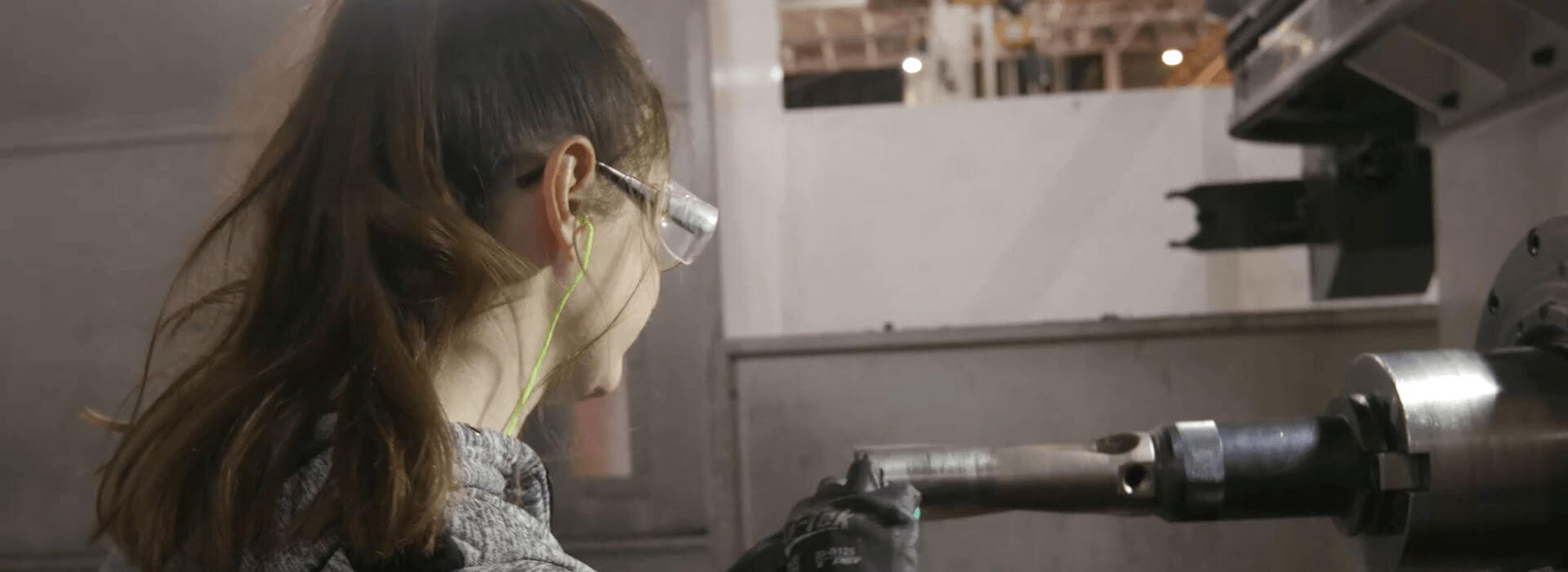Healthy Hearing Habits Prevent Hearing Loss

October is National Protect Your Hearing Month, a month dedicated to spreading awareness on the importance of practicing healthy hearing habits such as wearing hearing protection.
While hearing protection at work is essential, hearing damage is a concern in all aspects of our daily lives. According to the National Institute on Deafness and Other Communication Disorders, approximately 15% of American adults (37.5 million) aged 18 and over report some trouble hearing. That percentage goes up for workers in manufacturing, with approximately 18% of all workers experiencing hearing difficulty.
Hearing aids and other hearing enhancement technologies can be used to help recover some hearing, but there are no current medical treatments to reverse hearing loss. So, it critical we protect ourselves and our loved ones. Here’s why prevention is important:
- Almost all work-related hearing loss is permanent, and it can have a profound impact on quality of life.
- As hearing loss worsens, hearing and understanding others becomes increasingly difficult, which can lead to isolation.
- Hearing loss is associated with cognitive (mental) decline and heart problems, such as high blood pressure and heart disease.
- Hearing loss is also strongly associated with depression.
- Hearing loss can lead to loss of enjoyment, when all the sounds we want to hear (e.g., music, voice of loved one) become muted and lack quality.
- Ringing in the ears (tinnitus), which often occurs along with hearing loss, can disrupt sleep and concentration, and is associated with both depression and anxiety.
- Hearing loss can impact safety at home and on the job.
Noise at 92 decibels can start permanently damaging hearing in less than 30 minutes. A gas-powered lawn mower can produce noise from 85 decibels and up. Many ear buds can go up to 120 decibels which means hearing can be damaged without realizing it.
Safety is a core value for Astec and protecting our workers’ hearing is a priority. Here are 4 ways we help promote healthy hearing:
- Train and educate. Hearing loss is one of the most common work-related health problems and regular training sessions can help workers understand the risks and how to minimize them.
- Wear protection. Always wear hearing protection in high-noise environments at work, while mowing the lawn, concerts, firing ranges, etc.
- 60/60 rule. Turn down the volume on your ear buds or headphones. The Mayo Clinic advises following the 60/60 rule. Headphone volume should be no higher than 60% of the maximum level and should be used in 60-minute increments.
- Annual hearing tests. Through Astec’s Hearing Conservation Program, workers are offered hearing check-ups to detect if hearing is starting to decline sooner than expected.